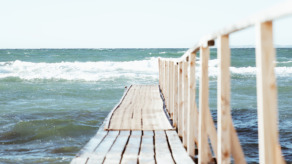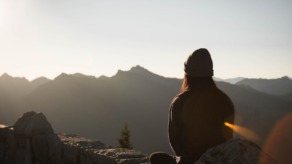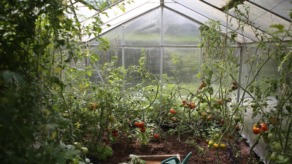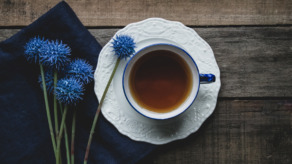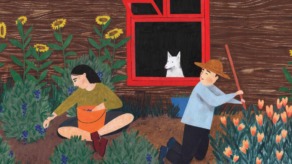It’s time to nurture human nature
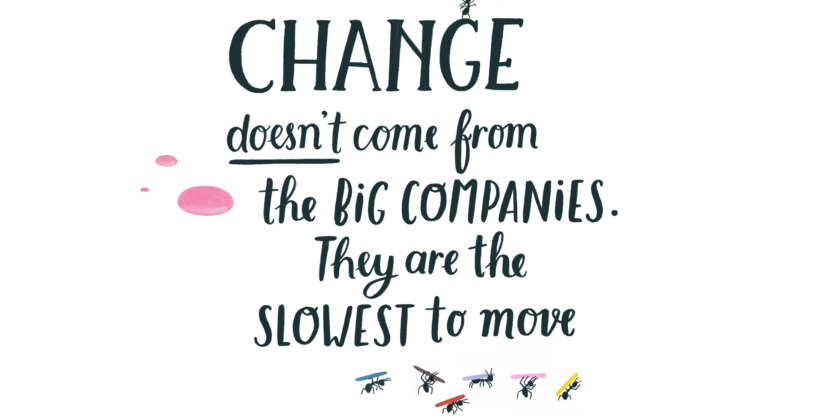
According to British economist and author of Doughnut Economics Kate Raworth, it’s time for a new economic model: one that meets our basic needs as humans and respects the ecological boundaries of our planet.
Can you explain the meaning of the ‘Doughnut’ you describe in your book?
The ‘Doughnut’ is a picture, a compass for 21st-century prosperity and an alternative vision of the economy. Imagine a doughnut with a hole in the middle. In the hole is a place where people are left falling short on the essentials of life and don’t have the resources to meet their basic needs, such as food, water, housing, healthcare, education and energy. We want to get everybody out of the hole, into the doughnut itself, which is the safe and just space for humanity where all our basic needs are met.
At the same time, we cannot allow our collective use of Earth’s resources to overshoot the outer-ring of the doughnut, which I call the ecological ceiling. Beyond this outer ring lies planetary degradation, such as climate change and biodiversity loss. In essence, the doughnut is the space in which we can meet the needs of all while not exploiting the planet. And it has a very different shape from that of progress in the last century.
